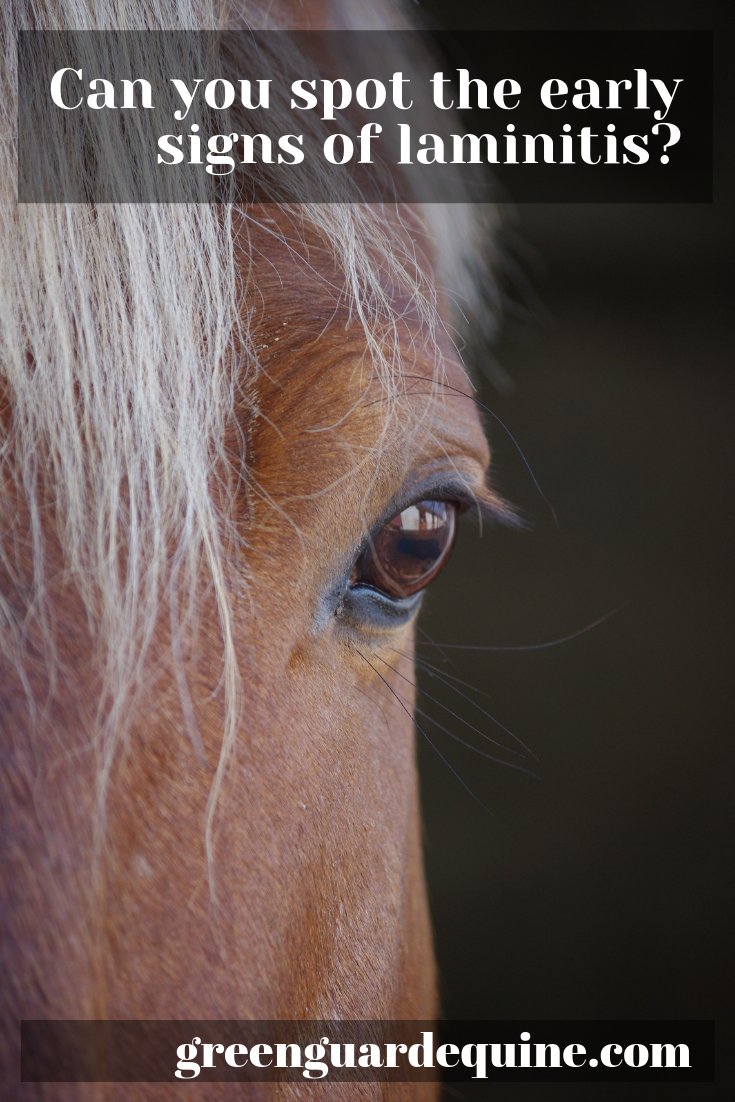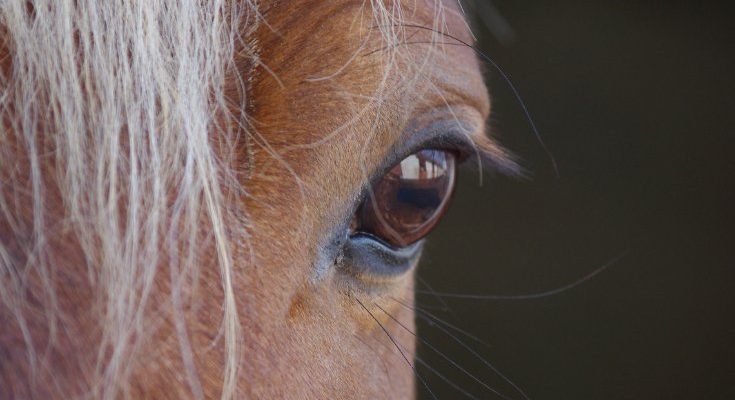
Here’s the thing: horses can’t talk to us, so it’s up to us to notice when something’s off. Whether you’re a seasoned equestrian or just getting into horse care, knowing the signs of potential health problems can make all the difference. From lameness to colic, let’s dive into the world of equine health by exploring common symptoms and effective preventive care.
Common Health Issues In Horses
When it comes to horses, a few health issues tend to pop up more frequently than others. Understanding these common conditions can help you spot them early, which is key for successful treatment. Here’s a look at some of the most prevalent health problems that horse owners should watch for:
- Colic: This painful condition affects a horse’s digestive system. Symptoms can include rolling, biting at their sides, or not eating.
- Lameness: A horse that is limping or favoring one leg could be dealing with an injury, arthritis, or another underlying issue.
- Respiratory Issues: If your horse is coughing, showing nasal discharge, or has difficulty breathing, they might have an infection or allergies.
- Laminitis: A painful condition of the hooves, laminitis can cause a horse to be reluctant to move or stand firmly. It’s often related to diet or metabolic issues.
- Deworming Issues: Internal parasites can cause a range of issues from weight loss to colic. A regular deworming schedule is essential.
Recognizing these signs can help you act promptly, which is always better than waiting for the problem to worsen. Preventive care is a significant part of ensuring your horse stays healthy and energetic.
Identifying Symptoms Early On
You might be wondering how to tell if your horse is unwell. Horses are often pretty good at hiding their discomfort, but there are classic signs you can learn to spot. It’s like when a friend suddenly becomes quiet; you notice a change in behavior.
Here are some symptoms to keep an eye out for:
- Changes in Appetite: If your horse isn’t finishing their meals or suddenly has a decreased appetite, that can indicate something’s wrong.
- Behavioral Changes: Is your normally friendly horse suddenly acting standoffish? Changes in behavior can hint at pain or discomfort.
- Physical Signs: Look for any swelling, heat in the legs, or unusual discharge from the nose or eyes.
- Reduced Activity: If your horse seems lethargic, isn’t as playful, or avoids exercise, it signals that something might be off.
Keep a close watch on your horse, and don’t hesitate to call a vet if you notice anything unusual. Trust your instincts; they often know when something isn’t right.
Preventive Care Strategies
Prevention is your best friend when it comes to horse health. Just like we schedule regular check-ups and vaccinations, your horse needs the same attention. Here are some preventive care strategies to keep your equine friend in tip-top shape:
- Regular Veterinary Check-ups: Schedule routine exams with a veterinarian to keep vaccinations and dental care up to date.
- Proper Nutrition: Feed your horse a balanced diet tailored to their specific needs based on age, activity level, and health status.
- Exercise Routines: Keep your horse active to maintain physical fitness and mental stimulation. Regular exercise can prevent many health issues.
- Hoof Care: Regular hoof trimming and care are critical to prevent lameness and other hoof-related issues.
- Parasite Control: Create a deworming schedule based on vet recommendations to keep those pesky parasites at bay.
Incorporating these preventive measures not only helps keep your horse healthy but also enhances your bond with them. Honestly, seeing them thrive is the best reward!
The Importance of Vaccinations
Vaccinations are an essential part of preventive care. Just like we get our flu shots, horses need protection from various diseases. You might be surprised to know that equine vaccines can prevent illnesses like tetanus or west Nile virus, which can be fatal.
Here’s what you should consider regarding vaccinations:
- Core Vaccines: These are necessary for every horse, including tetanus, rabies, and Eastern/Western equine encephalomyelitis.
- Risk-Based Vaccines: Based on your horse’s lifestyle and the environment, additional vaccines like the flu or strangles might be advised.
- Annual Vaccination Schedule: It’s vital to develop a vaccination schedule with your veterinarian to keep your horse protected.
Keeping up with vaccinations not only gives you peace of mind but also contributes to the overall health of the horse community.
Monitoring Weight and Body Condition
Weight management is another critical aspect of horse health. Just like people, horses can struggle with weight issues—either being overweight or underweight can lead to serious health concerns. Think of it like maintaining a balanced diet and exercise for a healthy lifestyle.
Here are some tips on monitoring your horse’s weight:
- Body Condition Scoring: Use a scoring system (on a scale from 1 to 9) to evaluate your horse’s body condition. This will help you determine if they are at a healthy weight.
- Regular Weigh-ins: If you can, weigh your horse regularly to keep track of any significant changes.
- Diet Adjustments: Work with a vet or equine nutritionist to adjust their diet as needed to maintain a healthy weight.
By staying on top of their weight and body condition, you can prevent many health problems before they even start.
Creating a Comfortable Environment
Did you know that a horse’s environment plays a huge role in their health? Think of it like creating a cozy home for yourself. If you’re comfortable, you’re more likely to stay healthy. Horses thrive in clean, safe environments free from hazards.
Consider these factors for their living space:
- Safe Shelter: Provide a clean, dry place where your horse can escape from harsh weather conditions.
- Clean Water Supply: Ensure your horse always has access to fresh, clean water. Dehydration can lead to serious complications.
- Suitable Pasture: The pasture should be free of toxic plants and should provide a safe area for grazing and exercising.
Creating a comfortable environment not only makes your horse happier but also contributes to their overall health and well-being.
Recognizing When to Seek Veterinary Care
Sometimes, despite our best preventive measures, health issues still arise. Knowing when to call the vet is crucial for your horse’s health. It’s always better to err on the side of caution.
Here are signs that you should seek veterinary attention:
- Severe Symptoms: If your horse is exhibiting severe signs like extreme lethargy, continuous rolling, or persistent coughing, don’t wait.
- Changes in Behavior: If your horse is not acting like themselves and you can’t pinpoint why, it’s worthwhile to have a vet check them out.
- Injuries: If you notice any significant injuries, like cuts or swelling, it’s better to be safe than sorry.
Remember, just like with people, sometimes we need expert intervention. Your vet will help you navigate any concerns and keep your horse on the path to recovery.
In conclusion, understanding health issues in horses is essential for any horse owner. By recognizing symptoms early, implementing preventive care, and maintaining a comfortable environment, you can keep your equine friend happy and healthy. Just like in any relationship, the better you know your horse, the more effectively you can respond to their needs. So, stay attentive, be proactive, and enjoy the rewarding experience of caring for your horse!

